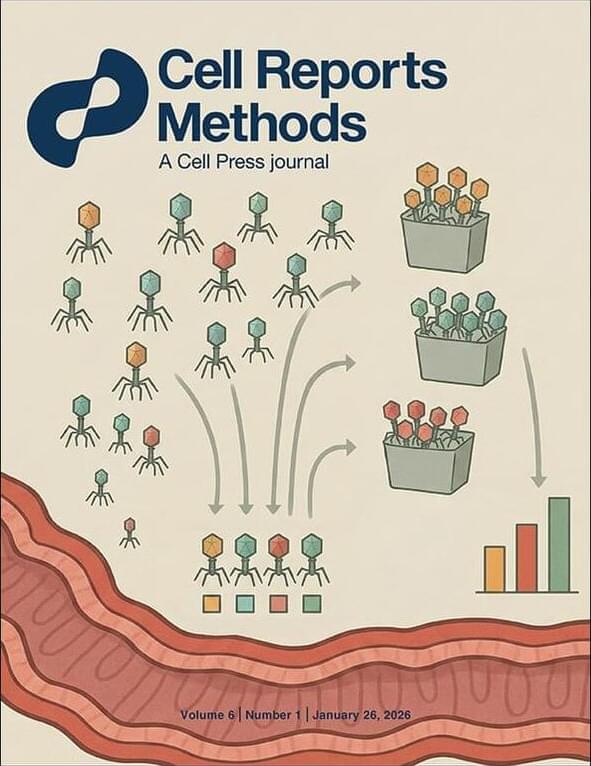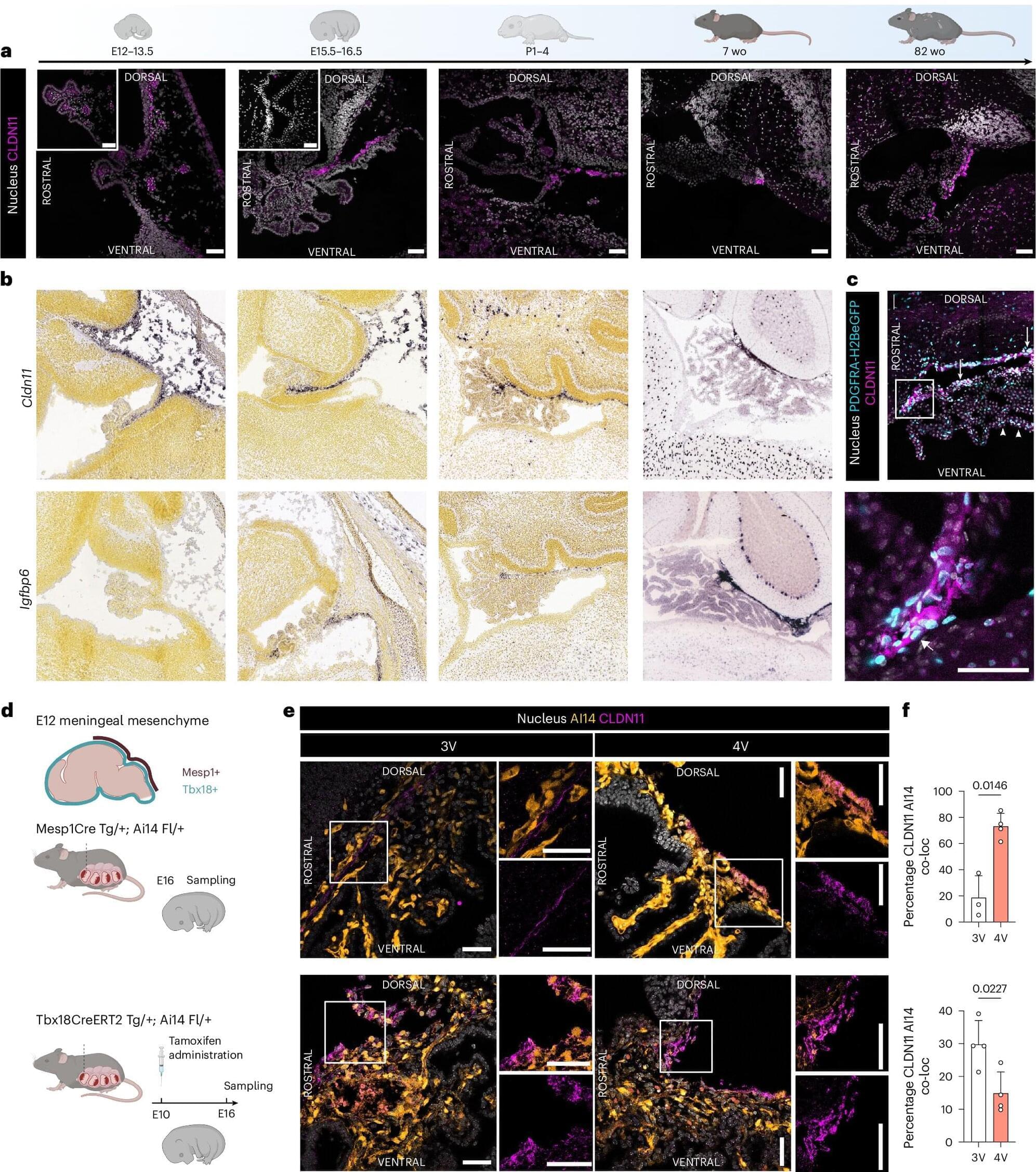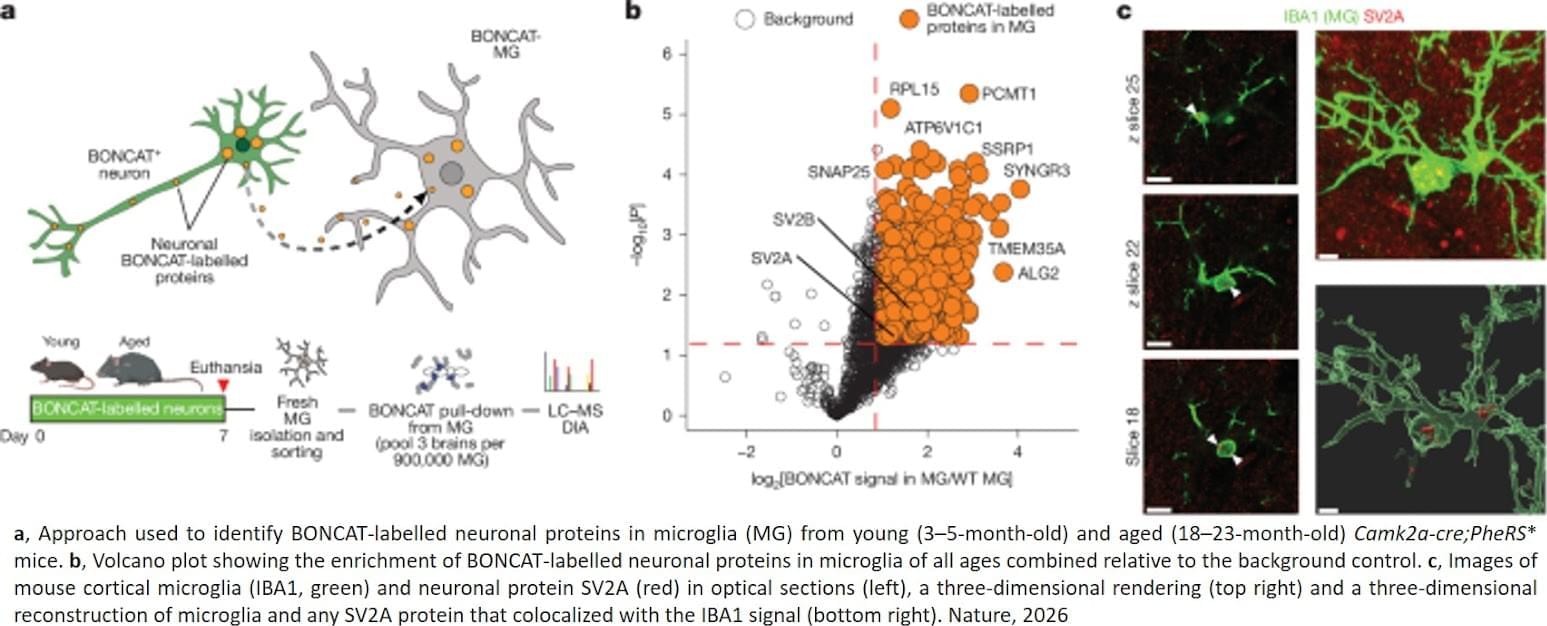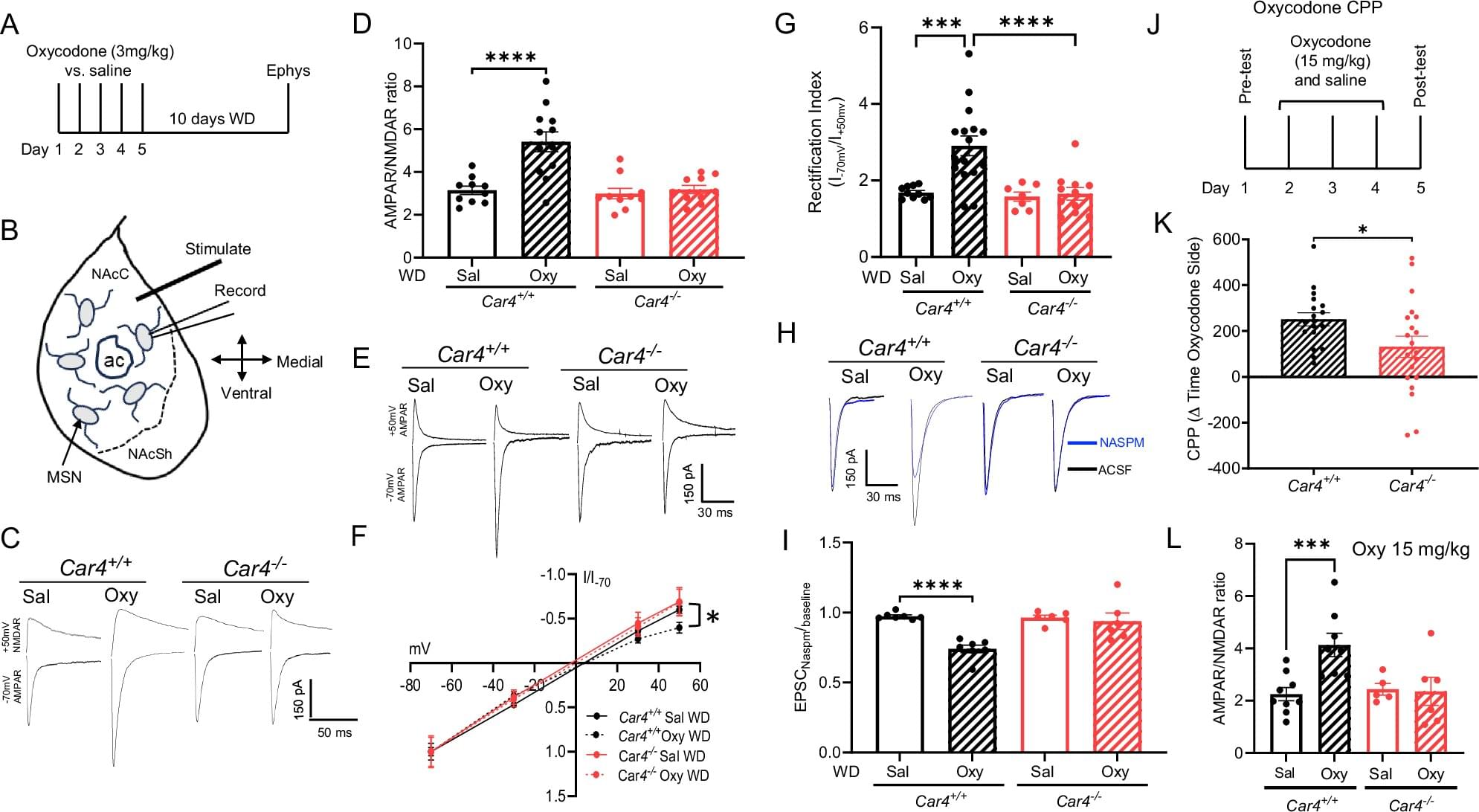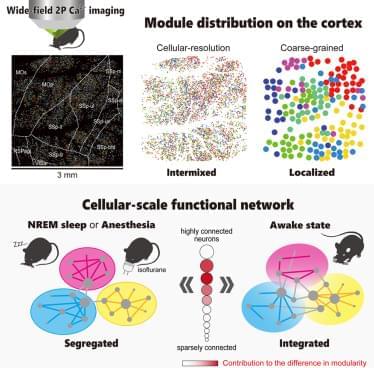It is increasingly clear, though, that the loss of synapses—the flexible and adaptive relay stations central to our brains’ ability to think, learn, and remember—is central to the rise of cognitive decline and dementia in old age.
Now, researchers have discovered clues that may tie synapse loss to another hallmark of brain aging: the declining ability of brain cells to break down and recycle damaged proteins.
Published in Nature, the study shows that synaptic proteins are particularly susceptible to this age-related garbage-disposal problem: In old age, synaptic proteins break down much more slowly, they become more likely to pile up into the tangled clumps of protein characteristic of neurodegenerative disease, and they are more likely to make their way into microglia, immune cells that prune away damaged synapses.
Those findings are the latest in a series of discoveries that suggest new links between the brain’s waste management systems, microglia, and neurodegeneration—and they could yield new insights into human brain aging and neurodegeneration, said the study’s lead author. ScienceMission sciencenewshighlights.


